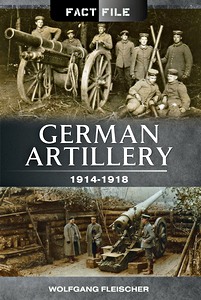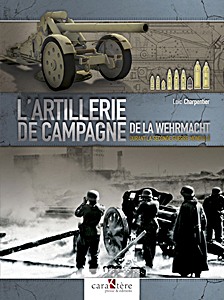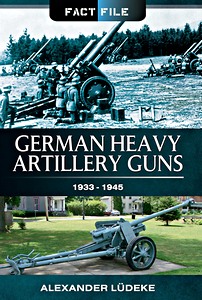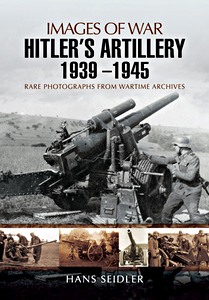The Paris Gun - The Bombardment of Paris by the German Long-range Guns and the Great German Offensives of 1918
An account of a series of bombardments of Paris by a specially built 21cm gun from a distance of some 75 miles. They began on March 23rd and ended on 9th August 1918. Over 300 shells were fired.
This is the story of a unique gun called, by the Germans, the Pariskanone and mistakenly referred to by our troops as 'Big Bertha.' The gun was 210mm calibre with a barrel length of 130 feet, an overall weight of 142 tons and a maximum range of about 80 miles. It was designed to fire on Paris bringing alarm and despondency to a population which, though subject to air bombardment had no reason to suppose they were threatened by enemy artillery.
The design, manufacture, the training of the crews and the preparation of the firing sites are all described, but the main aim of the book is to describe the four bombardments that were carried out by this weapon and the effects, material and morale wise.
The use of the Paris Gun was incorporated in the planning of the major German offensives of the first half of 1918. March 21st was the first day of the assault and at 7.20 am on 23rd March the first shot was fired. The four periods during which the gun was in action were 23 April-1 May; 27 May-11 June; 15-19 July and 5-9 August on which day the last round was fired.
The author, a Lt Col in the US Ordnance, describes each of these bombardments against a background of the ongoing German offensive and the progress of the ground forces. There are differing figures as to the total number of rounds fired but it was at least 300 and according to The Times Diary and Index of the War the total casualty figures were 196 killed 417 wounded.
N&M Press reprint (original published in 1930).
Detalle del libro
| Autor: | Henry W. Miller |
|---|---|
| Presentación: | 277 páginas, 21.5 x 14 x 1.8 cm, tapa blanda |
| Ilustración: | 32 ilustraciones b/n, 18 mapas |
| Editorial: | Naval & Military Press Ltd (GB, 2003) |
| ISBN: | 9781843426813 |

The Paris Gun - The Bombardment of Paris by the German Long-range Guns and the Great German Offensives of 1918
Idioma: Inglés
Disponible en Amazon - pago segura y entrega rápido
Comprar en Amazon ESComprar en Amazon.com



![Páginas del libro [TK] Deutsche Artillerie 1914-1918 (1)](../afb/details/PP03545.jpg)




